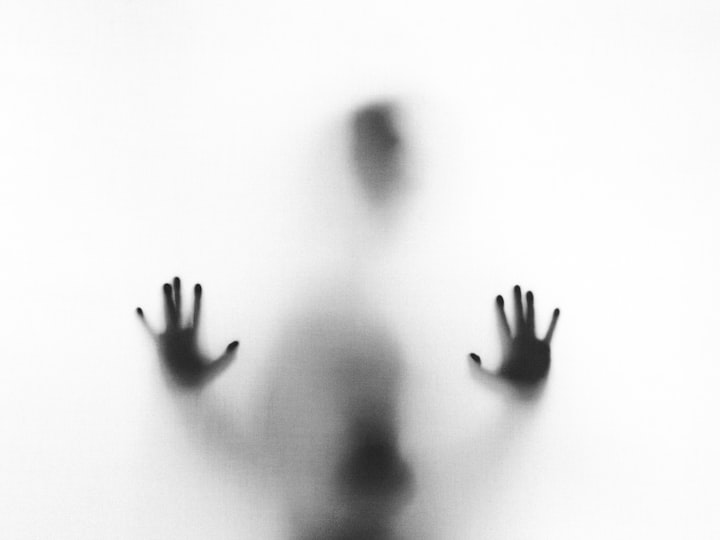"Embracing the Pillars of Support: The Crucial Role of Family in Battling Depression"
"Unveiling the Backbone of Resilience: The Power of Family Support in Confronting Depression"

Depression is a common mental health disorder that affects millions of people worldwide. It is characterized by persistent feelings of sadness, a loss of interest or pleasure in activities, and a range of physical and emotional symptoms. This condition can significantly impair an individual's daily functioning, relationships, and overall quality of life.
Depression is more than just feeling down or experiencing temporary sadness. It is a complex and multifaceted disorder that can manifest in various ways and affect people differently. Let's delve deeper into some key aspects of depression:
1. Symptoms of Depression:
Depression can present a wide range of symptoms that vary in severity and duration. Some common symptoms include:
- Persistent feelings of sadness, emptiness, or hopelessness
- Loss of interest or pleasure in activities once enjoyed
- Changes in appetite and weight (either significant weight loss or gain)
- Sleep disturbances (insomnia or excessive sleep)
- Fatigue or loss of energy
- Difficulty concentrating, making decisions, or remembering things
- Feelings of guilt, worthlessness, or excessive self-criticism
- Restlessness or slowed movements
- Recurrent thoughts of death or suicide
It's important to note that not everyone experiences the same symptoms, and the severity and duration of symptoms can also vary. It is recommended to consult with a mental health professional for an accurate diagnosis.
2. Causes of Depression:
The exact causes of depression are not fully understood, but it is believed to result from a combination of genetic, biological, environmental, and psychological factors. Some common contributors to depression include:
- Biological factors: Imbalances in brain chemicals (neurotransmitters) such as serotonin, norepinephrine, and dopamine can influence mood regulation. Additionally, a family history of depression or other mental health disorders may increase the risk of developing depression.
- Environmental factors: Traumatic life events such as the loss of a loved one, financial difficulties, relationship problems, or chronic stress can trigger or exacerbate depression. Additionally, certain medical conditions, such as chronic illness or hormonal imbalances, can also contribute to the onset of depression.
- Psychological factors: Individuals with low self-esteem, a negative outlook on life, or a history of childhood trauma or abuse may be more susceptible to developing depression. Certain personality traits, such as perfectionism or pessimism, can also increase the risk.
3. Types of Depression:
Depression can manifest in different forms, and understanding these variations can help with accurate diagnosis and treatment. Some common types of depression include:
- Major depressive disorder (MDD): This is the most common form of depression and involves persistent feelings of sadness, loss of interest, and a range of other symptoms that significantly affect daily life.
- Persistent depressive disorder (PDD): PDD, formerly known as dysthymia, is a chronic form of depression characterized by milder symptoms that persist for at least two years. Individuals with PDD may experience periods of major depressive episodes as well.
- Postpartum depression: Occurring after childbirth, this type of depression is characterized by intense feelings of sadness, exhaustion, and anxiety that can interfere with a mother's ability to care for herself and her baby.
- Seasonal affective disorder (SAD): SAD is a type of depression that follows a seasonal pattern, typically occurring in the fall or winter when there is less sunlight. It tends to resolve in the spring and summer months.
4. Treatment and Support:
The good news is that depression is treatable, and many individuals can experience significant improvement with appropriate care. Common treatment approaches include:
- Psychotherapy: Talk therapy, such as cognitive-behavioral therapy (CBT) or interpersonal therapy ,can help individuals identify and modify negative thought patterns, learn coping strategies, and improve problem-solving skills.
- Medication: Antidepressant medications, such as selective serotonin reuptake inhibitors (SSRIs), may be prescribed by healthcare professionals to help rebalance brain chemicals and alleviate symptoms.
- Lifestyle modifications: Engaging in regular exercise, maintaining a healthy diet, getting sufficient sleep, and reducing stress can support overall well-being and complement other treatment approaches.
- Support network: Building a strong support system, including family, friends, and support groups, can provide emotional support, understanding, and encouragement throughout the recovery process.
It is crucial for individuals experiencing depression to seek help from qualified healthcare professionals who can provide an accurate diagnosis and create an individualized treatment plan.






Comments
There are no comments for this story
Be the first to respond and start the conversation.